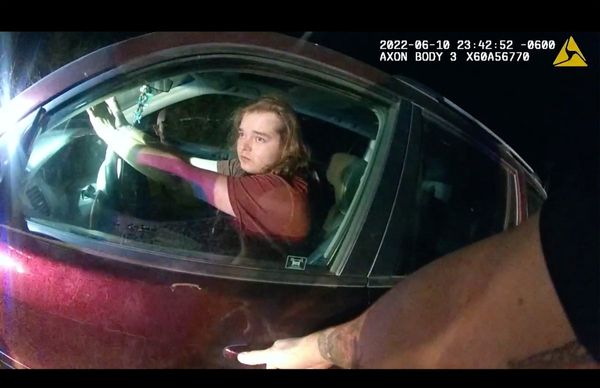
The release of the first trailer for Joaquin Phoenix’s upcoming Joker movie has ensured that fan frenzy around the popular Batman villain hasn’t diminished in the decade that he was played, to Oscar-winning success, by the late Heath Ledger.
Ledger tragically died of an accidental overdose mere months before The Dark Knight altered the landscape of not just superhero movies, but also mainstream Hollywood films. His performance was universally acclaimed, and remains to this day one of the most felicitated roles of all time. Ledger won a posthumous Oscar for the role - the first ever for a comic book movie - and appeared in just one more film post the Dark Knight.
On his 40th birth anniversary, let’s revisit what is perhaps the greatest Joker fan theory ever, posited by all-round geek and acclaimed comedian, Patton Oswalt.

Oswalt in a now deleted Facebook post had theorised that the Joker shown in Christopher Nolan’s film was most likely a war veteran, plagued by acute PTSD. He writes that Joker’s “referencing a truckload of soldiers getting blown up, his ease with military hardware, and his tactical ingenuity and precision planning all feel like an ex-Special Forces soldier returned stateside and dishing out payback.”
“He seems to be very good at the kind of mind-f***ery that sustained, professional interrogation requires,” Oswalt wrote. “His boast about how ‘I know the squealers’ when he sees one. The way he adjusts his personality and methods depending on who he’s talking to, and knowing EXACTLY the reaction he’ll get: mocking Gamble’s manhood; invoking terror to Brian, the ‘false’ Batman; teasing the policeman’s sense of loyalty to his fallen, fellow cops; digging into Gordon’s isolation; appealing to Harvey Dent’s hunger for ‘fairness.’ He even conducts a ‘reverse interrogation’ with Batman when he’s in the box at the police station — wanting to see how ‘far’ Batman will go, trying to make him break his ‘one rule.’”
Oswalt continues, “He constantly changes his backstory (and thus who he is). To Gamble and his henchmen, he’s an abused child (figuring that they were also the products of abuse and neglect). To Rachel, he’s a man mourning a tragic love - something she’s also wrestling with.”

Also read: On Batman’s 80th anniversary, a fan’s love letter to the Dark Knight
Oswalt ends his post with, “In the end, he ends up trying to mind-f*ck an entire city - and the city calls his bluff. Or is that what he wanted all along? He plummets to his seeming death, laughing like a child. And when he’s rescued by Batman, the one individual he couldn’t manipulate or break, he’s blissful and relieved (and, visually, turned on his head). Even the language he uses when saying goodbye to Batman - describing their relationship as an irresistible force meeting an immovable object - is the kind of thing an interrogator would say, ruefully, about a fruitless session.”
The Dark Knight was released in 2008 and grossed over $1 billion at the worldwide box office, back when it wasn’t commonplace for superhero films to do so. The film also scored eight Academy Award nominations.
Follow @htshowbiz for more
First Published: Apr 04, 2019 08:32 IST







